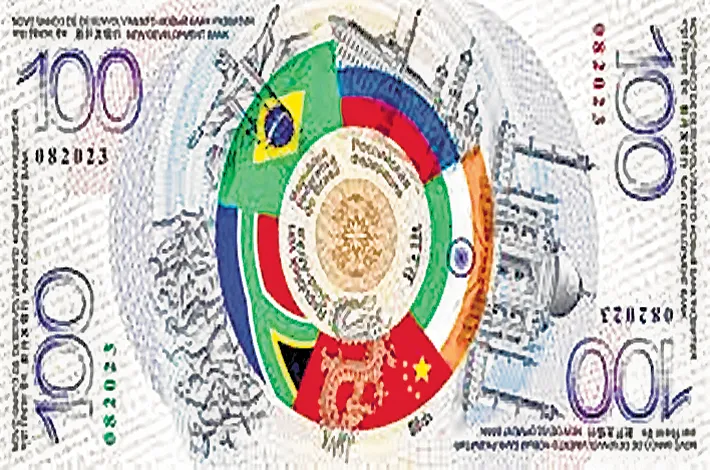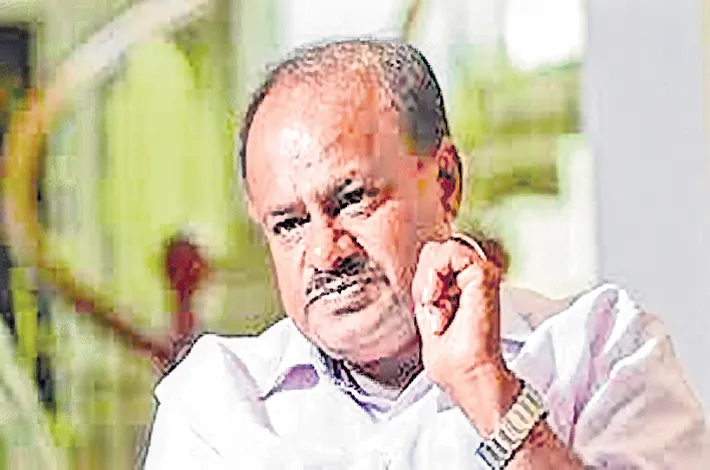The River’s Whisper
21-06-2025 12:00:00 AM

The Godavari River shimmered under the late afternoon sun, its waters carrying stories of a thousand travelers. On the deck of a weathered tourist boat, Anjali sat alone, her dupatta fluttering in the breeze. She was 28, her dreams of becoming a fashion designer stifled by her family’s insistence on an arranged marriage. The boat trip from Rajahmundry to Bhadrachalam was her escape—a chance to breathe before her parents finalized her engagement to a man she barely knew.
Anjali clutched her sketchbook, her fingers tracing the outlines of a lehenga she’d never sew. The boat was alive with chatter: families, tourists, and vendors selling chai and roasted corn. She felt out of place, her heart heavy with the weight of expectations.
Across the deck, Vikram sprawled on a wooden bench, his camera dangling from his neck. A 30-year-old freelance photographer, he was on this trip to capture the Godavari’s beauty for a travel magazine. His easy smile hid his own struggles—his startup had failed, and his parents were pressuring him to take a “stable” job. The river, he hoped, would offer clarity.
Their eyes met when Anjali dropped her pencil, and it rolled toward Vikram’s feet. He picked it up, noticing the intricate designs in her open sketchbook. “You’re an artist,” he said, handing it back with a grin.
She blushed, tucking a strand of hair behind her ear. “Just… doodling. Nothing serious.”
“Doesn’t look like doodling to me,” he said, his tone warm but curious. “Mind if I sit?”
Anjali hesitated, then nodded. Vikram settled beside her, and they fell into easy conversation. He spoke of his love for capturing fleeting moments—sunsets, smiles, the way light danced on water. She shared her dream of designing clothes that told stories, though her family saw it as a hobby, not a career.
“You should do it,” Vikram said, his eyes earnest. “The world needs more people who chase what sets their soul on fire.”
Anjali laughed softly, but her eyes betrayed doubt. “It’s not that simple. My family… they have plans for me.”
Vikram nodded, understanding the weight of unspoken obligations. “I get it. My parents want me to be a banker. But I’d rather be broke and happy than rich and miserable.”
The boat docked at a small village for the night, and the passengers spilled onto the shore. Anjali and Vikram found themselves walking together, exploring the lantern-lit streets. They shared bhel puri from a roadside stall, laughing as the tangy tamarind sauce dripped onto Vikram’s shirt. Under the stars, with the Godavari’s gentle lapping in the background, Anjali felt a lightness she hadn’t known in years.
The next morning, the boat resumed its journey. Vikram showed Anjali his photos—vibrant shots of the river, children playing on the banks, and an elderly couple holding hands. “I want to capture life as it is,” he said. “Raw, real, unfiltered.”
Inspired, Anjali sketched a dress in her book, its patterns inspired by the river’s flow. Vikram watched, mesmerized. “That’s you,” he said softly. “That’s your heart on paper.”
Their connection deepened as the boat glided through lush greenery. They debated movies, teased each other about their taste in music, and shared quiet moments watching the river. At one point, Vikram pointed to a flock of birds soaring overhead. “They don’t worry about tomorrow,” he said. “Maybe we shouldn’t either.”
Anjali’s smile faded. Tomorrow meant returning to Hyderabad, to a life mapped out by others. Vikram sensed her shift in mood. “Hey,” he said, nudging her shoulder. “Whatever happens, you’re stronger than you think.”
That evening, the boat anchored near a temple for a festival. The passengers joined the locals in lighting diyas and floating them on the river. Anjali and Vikram stood side by side, their hands brushing as they set their lamps afloat. The flickering lights mirrored the stars above, and for a moment, the world felt infinite.
“Make a wish,” Vikram whispered.
Anjali closed her eyes. I want to be free. I want to be me.
As the festival ended, they sat on the boat’s edge, feet dangling over the water. Vikram turned to her, his voice low. “I don’t know what’s waiting for you back home, Anjali. But I know you’re meant for more than someone else’s plan. And… I’d love to see you chase it.”
Her heart raced. No one had ever spoken to her with such belief. But fear crept in—fear of disappointing her family, of stepping into the unknown. “What if I fail?” she asked.
“Then you try again,” Vikram said simply. “And I’ll be cheering you on, even if it’s from a distance.”
The next day, as the boat neared Bhadrachalam, reality loomed. Anjali’s phone buzzed with messages from her parents about the engagement. Vikram, too, faced a call from a corporate recruiter offering the job he dreaded. They stood together at the boat’s railing, the silence heavy with unspoken words.
“I don’t want this to end,” Anjali admitted, her voice barely audible.
Vikram took her hand, his touch gentle but firm. “It doesn’t have to. Not really. The river brought us together, but what we do next… that’s up to us.”
They exchanged numbers, promising to stay in touch. As the boat docked, they parted with a lingering hug, the Godavari’s current carrying away the weight of their fears, if only for a moment.
Back in Hyderabad, Anjali stood up to her family, refusing the arranged marriage. She enrolled in a design course, her sketches coming to life. Vikram turned down the corporate job, taking on more photography assignments. They texted daily, sharing dreams and doubts, their bond growing stronger despite the distance.
Months later, Anjali invited Vikram to her first fashion showcase. He arrived with his camera, capturing her radiant smile as she unveiled her collection—dresses inspired by the Godavari’s flow. After the show, they walked along a city canal, its waters a faint echo of the river that changed them.
“You did it,” Vikram said, pride in his eyes.
“We did it,” Anjali corrected, squeezing his hand.
The river had been their beginning, but their story was theirs to write.








